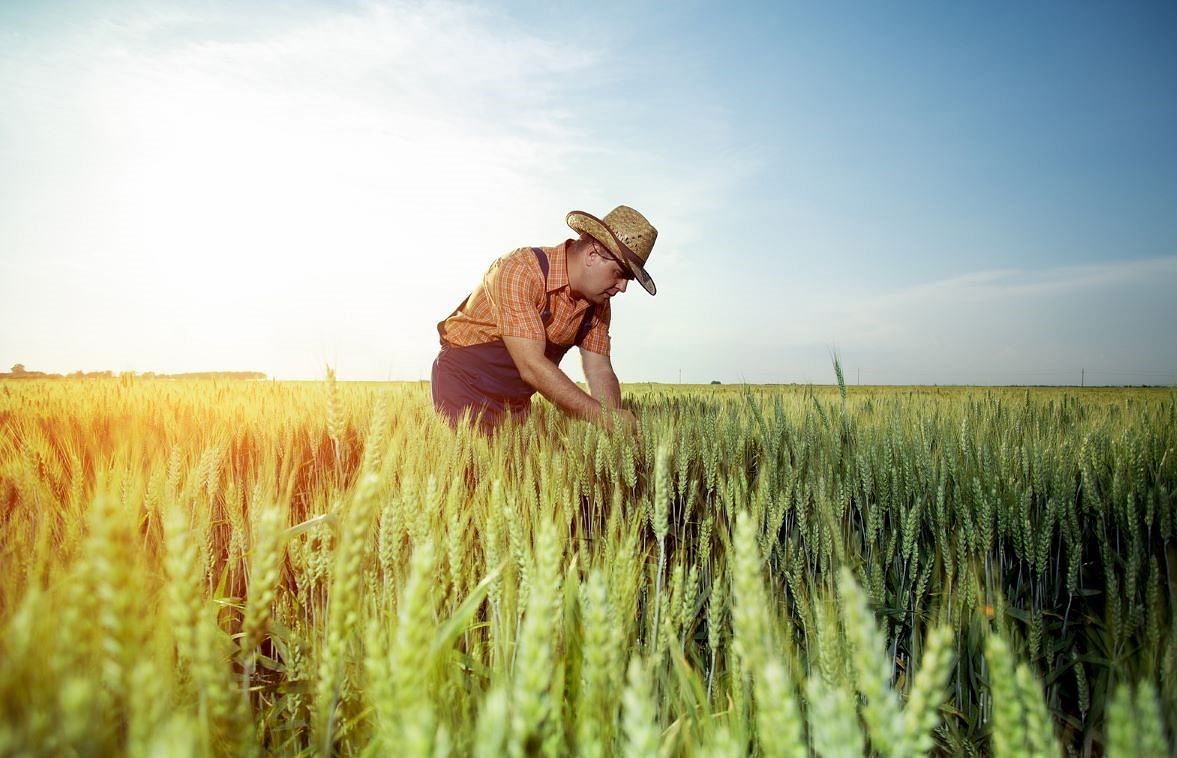
The program commonly referred to as the 2501 Program, which offers financial assistance, is managed by the USDA Office of Partnerships and Public Engagement (OPPE) and aims to provide outreach and support to socially disadvantaged farmers and ranchers, as well as veteran farmers and ranchers.
"By supporting organizations that work with veterans and underserved groups, 2501 Programme funding can help these individuals access and participate in USDA programmes and services," OPPE Director Lisa Ramirez explained.
"This programme demonstrates USDA's commitment to advance equity and lower barriers to USDA resources." For more than 30 years, the 2501 Programme has worked with organizations across the country to reach underserved farmers and ranchers who have faced service hurdles due to racial or ethnic prejudice. The programme was expanded in 2014 by the Farm Bill to include help for veteran farmers and ranchers.
The 2018 Farm Bill raised obligatory funding for the programme through fiscal year 2023, with an annual funding level of $25 million thereafter. With 2501 Programme funding, organizations conduct farming and agribusiness education, training, farming demonstrations, and conferences to increase access to USDA programmes and services. The 2501 Programme has awarded 615 awards totaling more than $194 million since 2010.
The University of Alaska Fairbanks was one of the most recent FY 2022 grantees, receiving a 2501 grant to assist tribal communities in establishing new gardens, farms, ranches, or other endeavours that promote community food security, resiliency, and economic diversity while preserving traditional knowledge and ways of securing food.
Furthermore, the Pennsylvania Friends of Agriculture Foundation was awarded a 2501 grant to assist veteran farmers through programmes that foster connections between beginning farmer veterans and service providers in order to create a supportive network that will allow farms to thrive.
Nonprofit organizations, community-based organizations, federally recognized tribes and tribal organizations, and a variety of higher education institutions serving veteran farmers and the African American, American Indian, Alaska Native, Hispanic, Asian, and Pacific Islander communities are all eligible applicants.
















